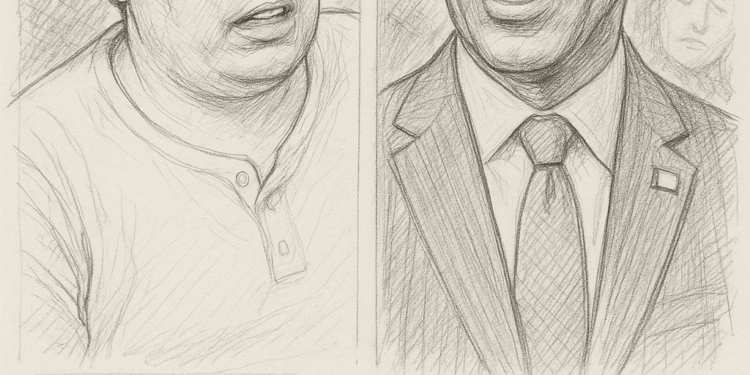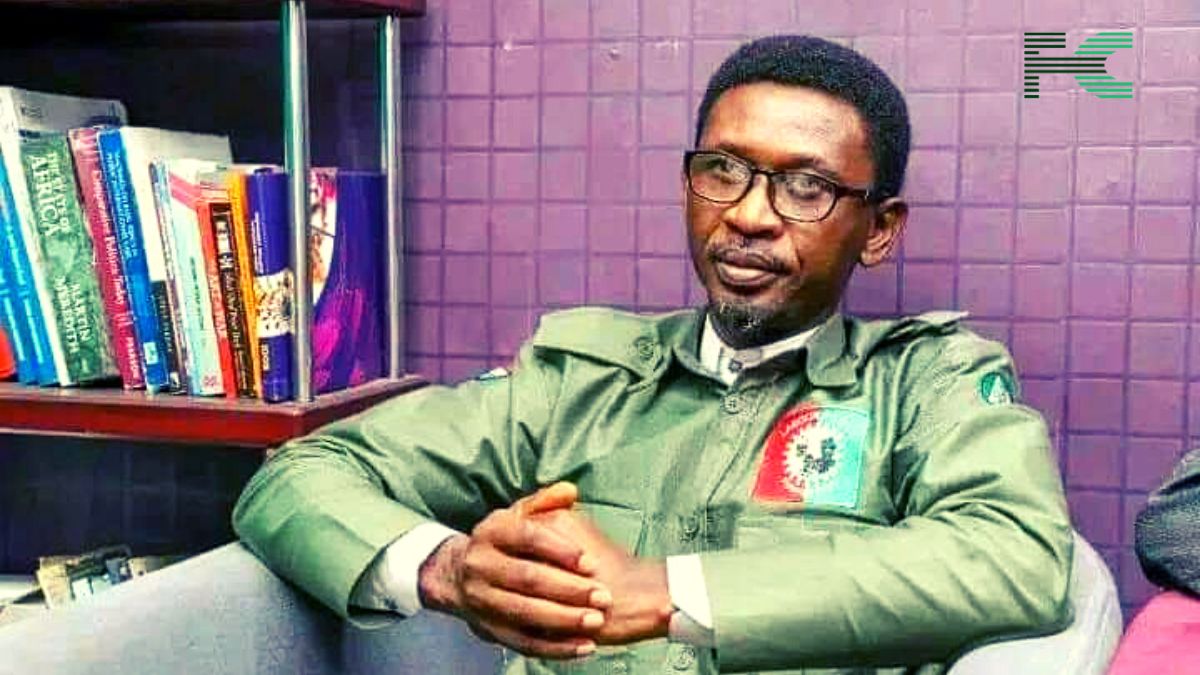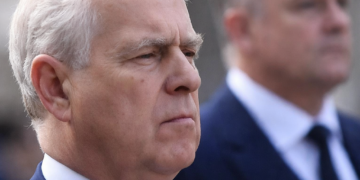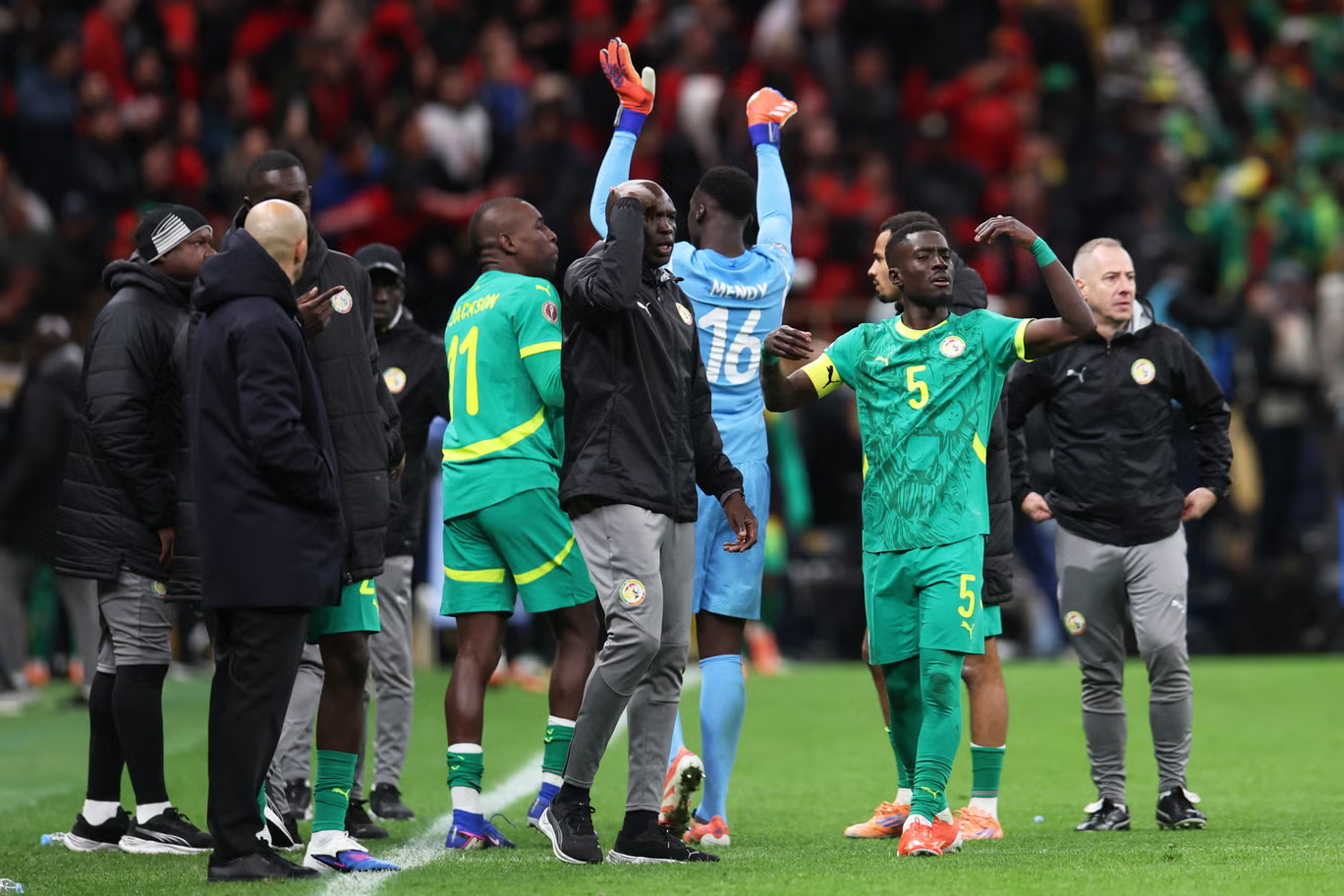In a flagrant test of the “law and order” mantra, Christopher Moynihan, a man pardoned by President Donald Trump for his role in the January 6 Capitol attack, is back in handcuffs. This time, the 34-year-old is accused of plotting to assassinate House Democratic Leader Hakeem Jeffries, allegedly vowing in a text message, “I cannot allow this terrorist to live… I will kill him for the future”. His arrest on a charge of making a terroristic threat marks what appears to be the first instance of a pardoned January 6 rioter facing charges for alleged political violence, according to an analysis of public records.
Moynihan’s alleged threat against one of the nation’s top Democratic leaders is the fruit of a seed planted on January 20, 2025, when President Trump issued a blanket pardon to Moynihan and approximately 1,500 other individuals convicted of or charged with offenses related to the January 6 insurrection.
The proclamation, which Trump framed as ending a “grave national injustice,” did more than release individuals from prison; it sent an unambiguous message that violence in service of a political cause would be met with forgiveness, not consequence.
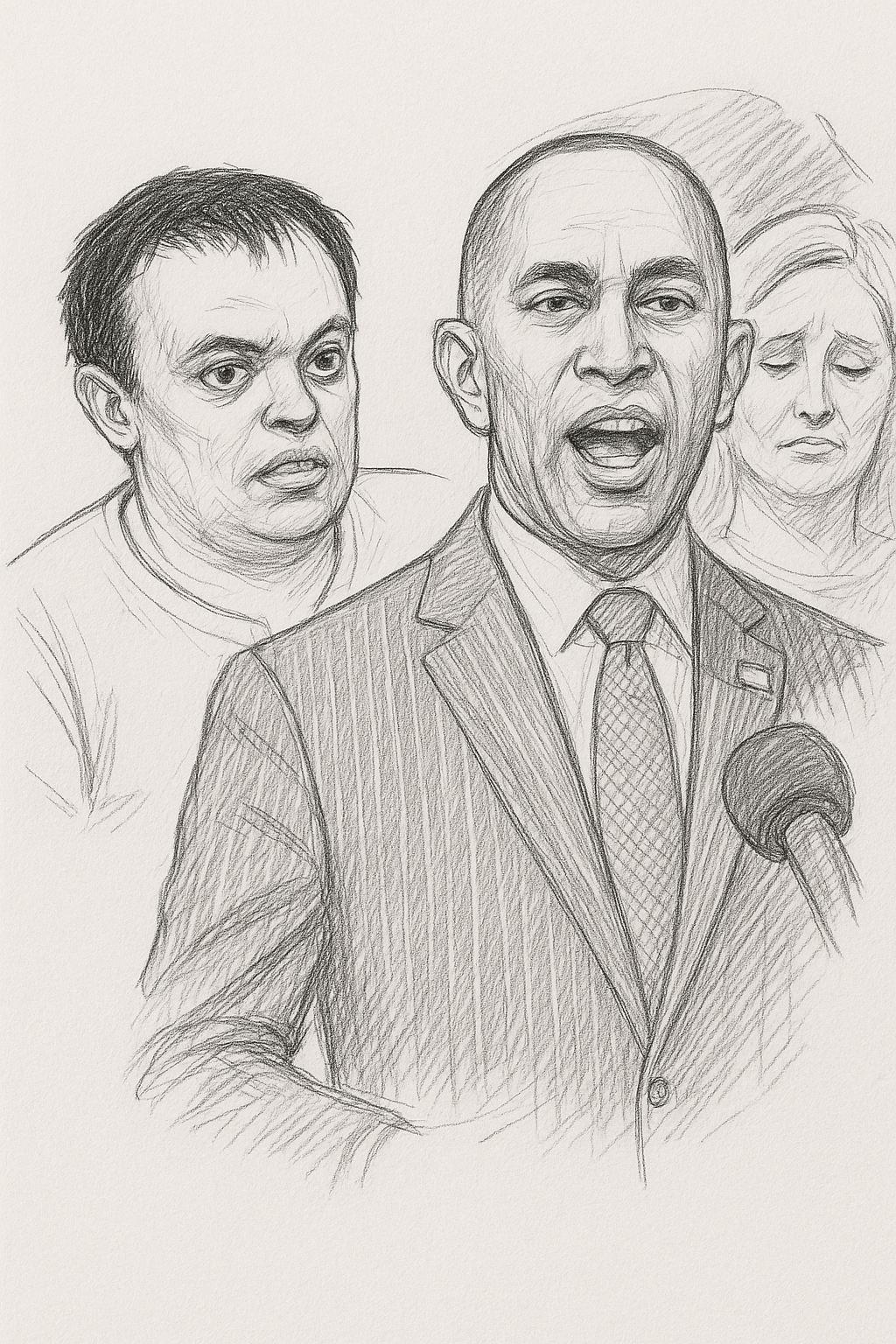
From the Senate Floor to a Death Threat
The path from the Capitol rotunda to a New York jail cell reveals a disturbing continuity in motive. During the January 6 riot, Moynihan was not a passive observer. He breached the Capitol, entered the Senate Gallery, and was filmed rifling through a senator’s notebook, declaring, “There’s gotta be something in here we can f—ing use against these —-bags”. His objective was to find material to weaponize against his political opponents.
Years later, after being convicted of obstructing an official proceeding and serving part of a 21-month sentence before receiving Trump’s pardon, Moynihan’s target has shifted from documents to a person. According to a criminal complaint, his alleged threat was specifically tied to a speech Jeffries was scheduled to give at the Economic Club of New York, an event that ultimately proceeded without incident following his arrest. The through-line is a willingness to use illegal and violent means to neutralize those he perceives as political enemies.
Meanwhile, the political reaction to the arrest has been a study in deflection:
Leader Jeffries did not mince words, directly linking the threat to the presidential pardon. “Since the blanket pardon that occurred earlier this year, many of the criminals released have committed additional crimes throughout the country,” he stated, expressing gratitude to law enforcement for apprehending “a dangerous individual who made a credible death threat against me with every intention to carry it out” .
When asked about the arrest, House Speaker Mike Johnson (R-La.) first claimed ignorance, calling it “terrible,” before swiftly pivoting to a familiar counter-accusation. “I will tell you this, the violence on the left is far more prevalent than the violence on the right,” he asserted, refusing to engage with the specific question of whether Trump’s pardons were a mistake.
As of October 21, the White House/ Trump has offered no public comment on the arrest of a man to whom the president granted clemency.
Why It Matters
The Christopher Moynihan case is a microcosm of a broader, more troubling pattern. It exposes a foundational hypocrisy of a political movement that has loudly championed “law and order” while simultaneously acting to shield its own from legal accountability for violent acts. This incident validates the warnings of experts and critics who argued that the blanket pardons would not achieve “national reconciliation,” but would instead embolden individuals.
The question is no longer whether the rhetoric of “political prisoners” and the act of mass pardon would have consequences. The arrest report provides the answer. The urgent question now is whether this alleged plot to assassinate a congressional leader will be treated as a one-off event by a lone individual, or recognized as a predictable outcome of a permissive environment — forged by pardons for political violence and a narrative that often downplays the January 6th insurrection — that has tolerated and even encouraged such extremism. For Moynihan, justice will now run its course in a New York state court, a jurisdiction beyond the reach of a president’s pardon power.

